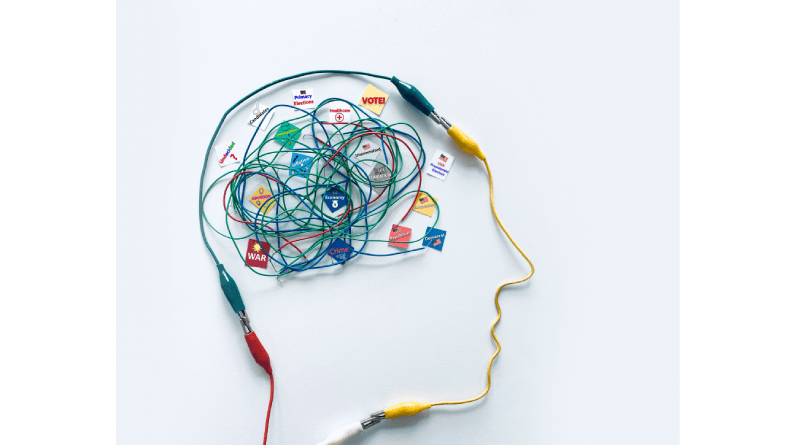Unlocking the Power of Neurotransmitters
Neurotransmitters are chemical messengers that play a crucial role in transmitting signals between nerve cells, also known as neurons. These chemical substances are produced by neurons to convey messages to target cells, which can be nerve cells, muscle cells, or gland cells.
How Neurotransmitters Work
Neurons form a complex network of pathways that transmit sensory and motor signals between different parts of the body and the brain. However, neurons don’t directly touch each other, except at the synapse, a small gap between two nerve cells. This gap is filled with neurotransmitters, which are released by the neuron and taken up by neighboring cells to either increase or decrease the signal.
Types of Neurotransmitters
Neurotransmitters can be broadly classified into two categories:
1. Small Molecule Transmitters: Dopamine, glutamate, and other small molecule transmitters act directly on neighboring cells.
2. Neuropeptides: Insulin, oxytocin, and other neuropeptides modulate or adjust the way cells communicate at the synapse.
Common Neurotransmitters and Their Functions
Here are some of the most common neurotransmitters and their functions:
– Acetylcholine: Translates intentions into muscle movements, helps direct attention, and maintains focus.
– Amino Acids: Certain amino acids, such as GABA, glutamate, and aspartate, act as neurotransmitters in the brain, regulating cognitive activities like learning and memory.
– Catecholamines: Dopamine and norepinephrine play critical roles in regulating movement, cognition, and emotions.
– Serotonin: Regulates sleep quality, depression, anxiety, and general moods.
Imbalance and Disorders
An imbalance in the neurotransmitter system can lead to mental disorders and coordination problems, such as:
– Insomnia
– Anxiety
– Memory loss
– Attention Deficit Hyperactivity Disorder (ADHD)
Many of these conditions can be managed with medication. Understanding neurotransmitters and their functions can help us better appreciate the complex workings of our brain and body.
References:
https://dana.org/article/neurotransmitters/
https://en.wikipedia.org/wiki/Neurotransmitter#Types
https://www.khanacademy.org/science/biology/human-biology/neuron-nervous-system/a/neurotransmitters-their-receptors
https://www.brainfacts.org/brain-anatomy-and-function/cells-and-circuits/2012/classical-neurotransmitters-brain-communicators

